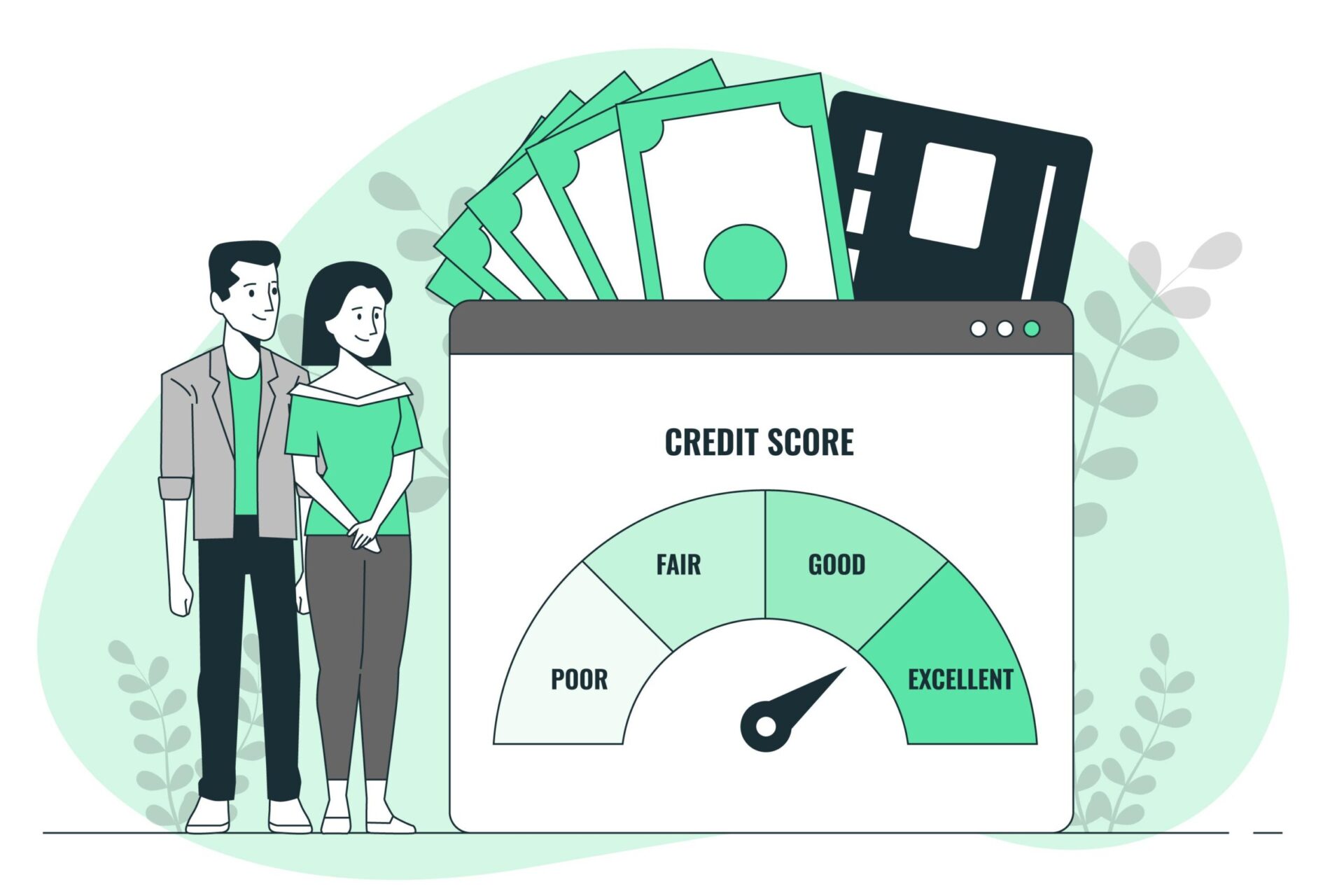Introduction:
In the complex world of personal finance, your credit score plays a pivotal role in determining your financial health. A healthy credit score opens doors to favorable interest rates, better loan terms, and increased financial opportunities. In this comprehensive guide, we’ll delve into actionable tips for improving and maintaining a robust credit score.
1. Understanding the Credit Landscape:
- To embark on the journey of improving your credit, it’s crucial to comprehend the credit landscape. Your credit score is a numerical representation of your creditworthiness, ranging from 300 to 850.
- Realize that your credit score is influenced by various factors, including payment history, credit utilization, length of credit history, types of credit in use, and new credit.
2. Regularly Check Your Credit Report:
- Regular monitoring of your credit report is like conducting a health checkup for your finances. Obtain a free copy of your credit report annually from each of the major credit bureaus—Equifax, Experian, and TransUnion.
- Scrutinize the report for inaccuracies, fraudulent activities, or any discrepancies that could potentially harm your credit health.
3. Pay Your Bills on Time:
- Timely payments are the backbone of a healthy credit score. Set up automatic payments or reminders to ensure you never miss a due date.
- Real-Life Example: Consider Sarah, who diligently paid her bills on time and saw her credit score steadily rise, providing her with better loan terms when she decided to purchase her first home.
4. Manage Your Credit Utilization:
- Credit utilization, the ratio of your credit card balances to credit limits, significantly impacts your credit score. Aim to keep your credit utilization below 30% to demonstrate responsible credit management.
- Strategically paying down credit card balances can have a positive impact on your credit score.
5. Diversify Your Credit Mix:
- Having a diverse mix of credit types, such as credit cards, installment loans, and retail accounts, can positively influence your credit score.
- Real-Life Example: Mark’s credit score improved when he diversified his credit portfolio by responsibly managing a mix of credit cards, an auto loan, and a mortgage.
6. Avoid Opening Unnecessary Credit Accounts:
- Each new credit application triggers a hard inquiry, which may temporarily lower your credit score. Be cautious about opening new credit accounts unless absolutely necessary.
- Real-Life Lesson: Emily learned the importance of avoiding unnecessary credit accounts after seeing a temporary dip in her credit score when she opened multiple store credit cards impulsively.
7. Keep Older Accounts Open:
- The length of your credit history contributes to your credit score. Keep older accounts open, even if they have a zero balance, to showcase a longer credit history.
- Closing old accounts can inadvertently shorten your credit history and impact your credit score.
8. Work with Creditors in Times of Hardship:
- Life’s uncertainties may lead to financial hardships. If you’re facing challenges meeting your financial obligations, communicate with your creditors. They may offer hardship programs or temporary relief.
- Real-Life Example: John faced unexpected medical expenses and, by communicating with his creditors, he was able to navigate the situation without severely impacting his credit.
Conclusion:
In the realm of personal finance, your credit score is a dynamic indicator of your financial well-being. By implementing these tips and understanding the nuances of credit management, you have the power to shape and maintain a healthy credit score. Remember, the journey to excellent credit is a marathon, not a sprint. With dedication and informed financial decisions, you can pave the way to a creditworthy and financially secure future.

9 thoughts on “8 Tips for improving and maintaining a healthy credit score”